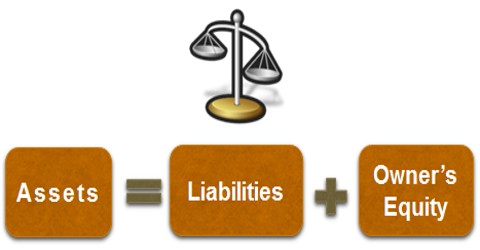Errors in Accounting
An accounting error is a non-fraudulent divergence in financial documentation. The term is used in financial reporting. The basic principle of the double-entry system is that each debit has a equivalent credit of equal amount and vice-versa. Therefore, the full amount of all debit balances in diverse accounts must be equivalent to the total of all credit balances in diverse accounts, i.e., the total of the two columns should tally (agree).
The tallying of the two totals (debit balances and credit balances) of the trial balance ensures only mathematics accurateness but not accounting accurateness. If however, the two totals do not tally, it implies that some errors have been devoted while recording the transactions in the books of accounts. The following are the various kinds of errors..
Kinds of Errors
Keeping in view the nature of errors, all the errors committed in the accounting process can be classified into two.
- Errors of Principle: a transaction that is not in accordance with usually accepted accounting principles (GAAP). One example of an accounting error of principle is an expenditure that is placed in an inappropriate category.
- Clerical Errors: errors which are committed by accounting clerks are called clerical errors. These errors are committed in the procedure of recording financial transactions.
- Error of omission: a transaction that is not recorded.














